Participation and UBI – ‚Narratives‘ of the Future (PartUBI)
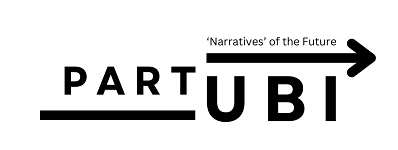
The relationship of universal basic income (UBI) to democracy – not only in its direct, participatory form but also as an economic ‘narrative’ – and its role as a ‘narrative’ have recently been identified as research desiderata by scholars from a number of disciplines (philosophy, sociology, economics, etc.) and has been investigated to some extent already. The theoretical part (Research Team) of our Large FRIBIS Team (LFT) Participation and UBI – ‘Narratives’ of the Future (PartUBI) follows and continues this discussion.
The activist part of the team (Transfer Team) is politically committed to the introduction of a UBI while at the same time seeing it as a participatory instrument for citizens to get more involved in democratic processes – e.g. through petitions for the introduction of a BGE, as dealt with in the Petitions Committee of the German Bundestag in 2010 and 2020. This, moreover, builds bridges to a politically engaged (theory of) visual art, especially to Joseph Beuysʼ concept of the “social sculpture”.
The view that a basic income would have a positive impact on people’s participatory opportunities has been repeatedly postulated politically and discussed within academia for several years now. Compared to the consideration of UBI from the viewpoint of participation, the conceptualisation of and research on the UBI as an economic-political ‘narrative’ is a more recent phenomenon. This can be seen in the broader context of a remarkable general boom of the concept of narratives in contemporary Western culture: in various cultural fields, such as politics, economics and science, there has been increasing talk of ‘narratives’ since the turn of the millennium. Examining the UBI as an economic ‘narrative’ from a philosophical-cultural studies perspective is another focus of the LFT.
The theoretical, political and praxeological connections between UBI and participation, the associated discursive ‘future practices’ and the history of discourse and research will be comprehensively reconstructed and examined from a philosophical-transdisciplinary perspective in Leon Hartmann’s dissertation (Working title: Zukünfte der Demokratie. Zum Verhältnis von politischer Partizipation und bedingungslosem Grundeinkommen. / Futures of Democracy. On the relationship between political participation and unconditional basic income).
Publications
Leon Hartmann, Sebastian Kaufmann, Bernhard Neumärker & Andreas Urs Sommer (Hg.) (2024): Politische Partizipation und bedingungsloses Grundeinkommen – ‘Narrative’ der Zukunft / Political Participation and Universal Basic Income – ‘Narratives’ of the Future. Berlin: LIT.
https://www.lit-verlag.de/isbn/978-3-643-15416-3
Leon Hartmann & Sebastian Kaufmann (2024): Zur Einführung: Politische Partizipation und bedingungsloses Grundeinkommen – ‚Narrative‘ der Zukunft. In: Leon Hartmann, Sebastian Kaufmann, Bernhard Neumärker & Andreas Urs Sommer (Hg.): Politische Partizipation und bedingungsloses Grundeinkommen – ‘Narrative’ der Zukunft. / Political Participation and Universal Basic Income – ‘Narratives’ of the Future. Berlin: LIT, 9–30.
https://www.lit-verlag.de/isbn/978-3-643-15416-3
Sebastian Kaufmann (2024): Das bedingungslose Grundeinkommen als ökonomisches ‘Narrativ’? Überlegungen zum narrative turn in den Wirtschaftswissenschaften am Beispiel von Robert Shillers Narrative Economics (2019). In: Leon Hartmann, Sebastian Kaufmann, Bernhard Neumärker & Andreas Urs Sommer (Hg.): Politische Partizipation und bedingungsloses Grundeinkommen – ‘Narrative’ der Zukunft / Political Participation and Universal Basic Income – ‘Narratives’ of the Future. Berlin: LIT, 215–236
https://www.lit-verlag.de/isbn/978-3-643-15416-3
Leon Hartmann (2024): Grundeinkommen und die Zukunft der (Spät-)Moderne. Diskursive Praktiken und Wissensordnungen der Zukunft in der Geschichte des Grundeinkommens von ca. 1945 bis zur Gegenwart. In: Leon Hartmann, Sebastian Kaufmann, Bernhard Neumärker & Andreas Urs Sommer (Hg.): Politische Partizipation und bedingungsloses Grundeinkommen – ‘Narrative’ der Zukunft / Political Participation and Universal Basic Income – ‘Narratives’ of the Future. Berlin: LIT, 55–120.
https://www.lit-verlag.de/isbn/978-3-643-15416-3
Sommer, Andreas Urs (2024): Bedingungsloses Grundeinkommen und direkt-partizipatorische Demokratie. In: Leon Hartmann, Sebastian Kaufmann, Bernhard Neumärker & Andreas Urs Sommer (Hg.): Politische Partizipation und bedingungsloses Grundeinkommen – ‘Narrative’ der Zukunft / Political Participation and Universal Basic Income – ‘Narratives’ of the Future. Berlin: LIT, 287–292.
https://www.lit-verlag.de/isbn/978-3-643-15416-3
Robert Krause (2024): Das Bedingungslose Grundeinkommen: Zur Kultur- und Ideengeschichte einer notwendigen Utopie. Eine Projektskizze. In: Leon Hartmann, Sebastian Kaufmann, Bernhard Neumärker & Andreas Urs Sommer (Hg.): Politische Partizipation und bedingungsloses Grundeinkommen – ‘Narrative’ der Zukunft / Political Participation and Universal Basic Income – ‘Narratives’ of the Future. Berlin: LIT, 45–53.
https://www.lit-verlag.de/isbn/978-3-643-15416-3
Milan Wenner (2024): The Narrative of the “Great Displacement”. Universal Basic Income As a Way Out of Technology-Induced Unemployment?. In: Leon Hartmann, Sebastian Kaufmann, Bernhard Neumärker & Andreas Urs Sommer (Hg.): Politische Partizipation und bedingungsloses Grundeinkommen – ‘Narrative’ der Zukunft / Political Participation and Universal Basic Income – ‘Narratives’ of the Future. Berlin: LIT, 237–247.
https://www.lit-verlag.de/isbn/978-3-643-15416-3
Sören E. Schuster (2024): Freiheit und Notwendigkeit nach der Lohnarbeit. Nietzsches Auseinandersetzung mit Herrmann im Lichte des BGEs. In: Leon Hartmann, Sebastian Kaufmann, Bernhard Neumärker & Andreas Urs Sommer (Hg.): Politische Partizipation und bedingungsloses Grundeinkommen – ‘Narrative’ der Zukunft / Political Participation and Universal Basic Income – ‘Narratives’ of the Future. Berlin: LIT, 121–145.
https://www.lit-verlag.de/isbn/978-3-643-15416-3
Sabine Scharff (2024): BGE und Kryptowährungen: Ein partizipatives Dilemma. In: Leon Hartmann, Sebastian Kaufmann, Bernhard Neumärker & Andreas Urs Sommer (Hg.): Politische Partizipation und bedingungsloses Grundeinkommen – ‘Narrative’ der Zukunft / Political Participation and Universal Basic Income – ‘Narratives’ of the Future. Berlin: LIT, 293–298.
https://www.lit-verlag.de/isbn/978-3-643-15416-3
Susanne Wiest (2024): Bedingungsloses Grundeinkommen – ein Praxisbericht. In: Leon Hartmann, Sebastian Kaufmann, Bernhard Neumärker & Andreas Urs Sommer (Hg.): Politische Partizipation und bedingungsloses Grundeinkommen – ‘Narrative’ der Zukunft / Political Participation and Universal Basic Income – ‘Narratives’ of the Future. Berlin: LIT, 341–348.
https://www.lit-verlag.de/isbn/978-3-643-15416-3
Michael von der Lohe (2024): Joseph Beuys, das Grundeinkommen, die Soziale Plastik und sein erweiterter Kunst- und Arbeitsbegriff. In: Leon Hartmann, Sebastian Kaufmann, Bernhard Neumärker & Andreas Urs Sommer (Hg.): Politische Partizipation und bedingungsloses Grundeinkommen – ‘Narrative’ der Zukunft / Political Participation and Universal Basic Income – ‘Narratives’ of the Future. Berlin: LIT, 357–363.
https://www.lit-verlag.de/isbn/978-3-643-15416-3
Leon Hartmann (2023): Narrativistik und Grundeinkommen. Eine neue Technik der Regierung?. In: Bernhard Neumärker & Jessica Schulz (Hg.): Basic Income and Development. Proceedings of the FRIBIS Annual Conference 2022. Wien: LIT 2023, 161–196.
https://www.lit-verlag.de/isbn/978-3-643-91641-9
Leon Hartmann & Sebastian Kaufmann (19. April 2022): Bedingungsloses Grundeinkommen und politische Partizipation als ‘Zukunftsnarrative’. FRIBIS Policy Debate Paper 04/2022.
https://www.fribis.uni-freiburg.de/wp-content/uploads/2022/04/LH_SK_PolicyPaper_19.04.22.pdf
Leon Hartmann (2022): Universal Basic Income as a Discursive Formation of the Future. Sketch of a Discourse Analysis, Universal Basic Income as a Discursive Formation of the Future. Sketch of a Discourse Analysis. In: Bernhard Neumärker & Jessica Schulz (Hg.): Financial Issues of a Universal Basic Income (UBI). Proceedings of the FRIBIS Annual Conference 2021. Münster: LIT, 195–201.
https://www.lit-verlag.de/isbn/978-3-643-91512-2
Leon Hartmann (17. Mai 2022): Die „Zukunft der Arbeit“. Kommentar zur Sendung von Markus Lanz am 14. April 2022 und zur 36. Folge des Podcasts Lanz & Precht vom 06. Mai 2022. FRIBIS Policy Debate Paper 05/2022.
https://www.fribis.uni-freiburg.de/wp-content/uploads/2022/05/Leon-Hartmann_FRIBIS-Policy-Paper_20220517.pdf
Andreas Urs Sommer (2022): Eine Demokratie für das 21. Jahrhundert: Warum die Volksvertretung überholt ist und die Zukunft der direkten Demokratie gehört. Freiburg i. Br.: Herder.
https://www.herder.de/geschichte-politik/shop/p4/72754-eine-demokratie-fuer-das-21-jahrhundert-klappenbroschur/
Sören E. Schuster (gemeinsam mit Georg N. Schäfer) (2022): Mapping Mainstream Economics. Genealogical Foundations of Alternativity. London: Routledge.
https://www.routledge.com/Mapping-Mainstream-Economics-Genealogical-Foundations-of-Alternativity/Schafer-Schuster/p/book/9781032262192
Michael von der Lohe (2022): The Enterprise Basic Income. A Proposal for Integrating the Unconditional Basic Income in a Coherent Form of Money Circulation. In: Bernhard Neumärker & Jessica Schulz (Hg.): Financial Issues of a Universal Basic Income (UBI). Proceedings of the FRIBIS Annual Conference 2021. Münster: LIT, 205–209.
https://www.lit-verlag.de/isbn/978-3-643-91512-2
Research Team
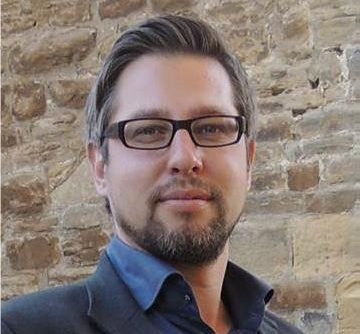
Prof. Dr. Sebastian Kaufmann
born 1979, studied philosophy, ancient history and modern German literature at the University of Freiburg, Magister Artium 2007, doctorate 2011, habilitation 2018, from 2013 to 2023 sub-project leader at the of the research unit “Nietzsche-Kommentar” at the Heidelberg Academy of Sciences and Humanities. Since 2022, he has been an adjunct professor at the Institute for Modern German Literature at the University of Freiburg; he is leading the research team of PartUBI since 2022.
Lives in Freiburg im Breisgau
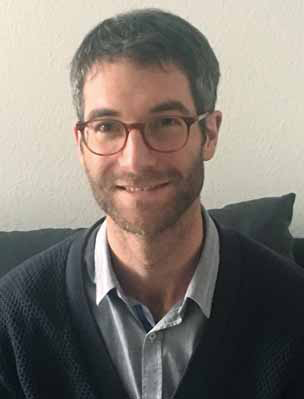
Robert Krause, PD Dr.
comparative literature and cultural studies scholar, born 1980, studied German language and literature, history and philosophy at the Albert-Ludwigs-University of Freiburg as well as Romance studies and art history at the universities of Strasbourg and Seville, Magister Artium 2007, doctorate 2010, habilitation 2019. Krause is an academic assistant at the German Seminar of the Albert-Ludwigs-University of Freiburg, from February 2023 to July 2023 visiting professor at Iméra, Institut d’études avancées in Marseille with the research project “The Unconditional Basic Income: towards a cultural and intellectual history of a necessary utopia”, from July until december 2023 academic assistant in the PartUBI team project.
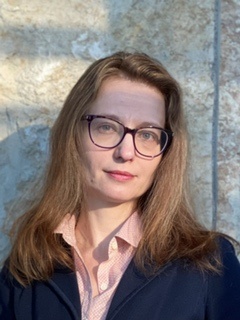
Alina Plitman, M.A.
is a doctoral student supervised by Prof. Dr. Andreas Urs Sommer at the Philosophy Department of the University of Freiburg. She completed her studies in economics at the Ruhr University Bochum. At the University of Stuttgart, Ms Plitman completed her Bachelor’s and Master’s degrees in Philosophy. Ms Plitman’s main research interests are applied ethics, economic ethics and political philosophy. Her dissertation is concerned with the concept of an unconditional basic income. It focuses on the concept of work, its revision and incorporation into theories of justice. Alina Plitman is a member of the Junior Research Group at FRIBIS and at the Society for Business Ethics.
Lives in Stuttgart
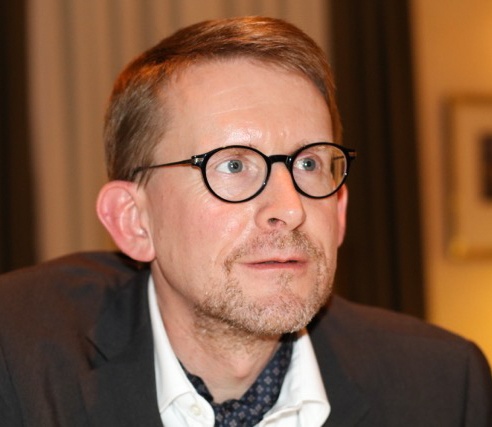
Prof. Dr. Andreas Urs Sommer
born in 1972, studied philosophy, church and dogma history and German literature in Basel, Göttingen and Freiburg im Breisgau, licentiate in 1995, doctorate in 1998 at the University of Basel, habilitation in 2004 at the University of Greifswald, from 2014 to 2023 head of the research unit “Nietzsche-Kommentar” at the Heidelberg Academy of Sciences and Humanities, since 2016 W3 professor of philosophy with a focus on cultural philosophy at the Albert-Ludwigs-University of Freiburg. His most recent book publications deal with questions of political philosophy, namely Eine Demokratie für das 21. Jahrhundert. Warum die Volksvertretung überholt ist und die Zukunft der direkten Demokratie gehört (Herder 2022) and Entscheide dich! Der Krieg und die Demokratie (Herder 2023).
Lives in Freiburg im Breisgau
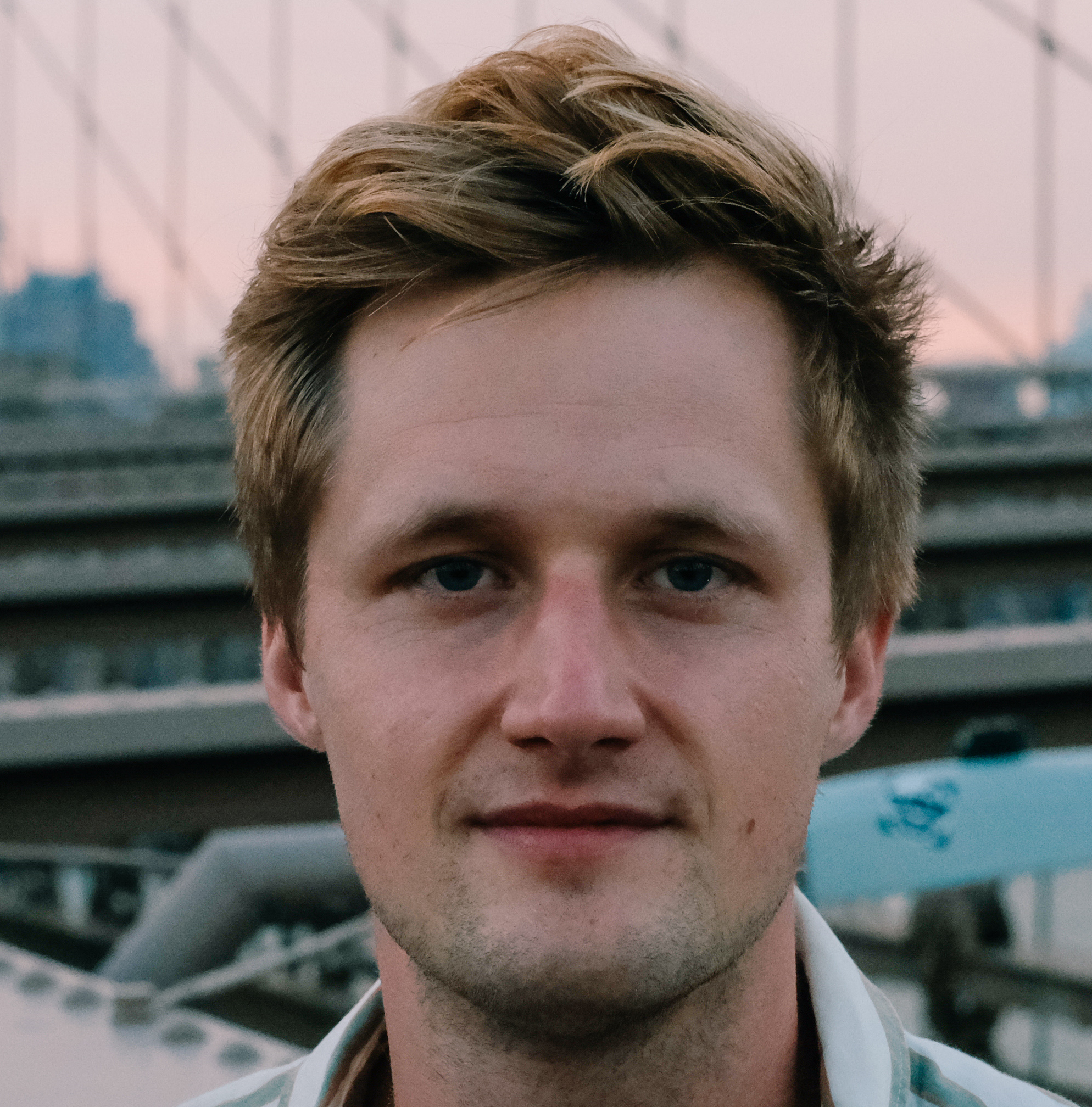
Milan Wenner, M. A.
is currently a PhD student in philosophy at the University of Freiburg (Germany). His dissertation deals with anti-modernist narratives of decline in the ‘long 20th century’. He is also working on the UBI in the context of political philosophy and the philosophy of history. His research on the narrative of the Great Displacement connects both of Wenner’s aforementioned research areas. This is why he is particularly interested in the use of the narrative of technology-induced unemployment and its potential as a meta-political tool for Basic Income advocates.
Lives in Freiburg im Breisgau
FRIBIS Team Coordinator
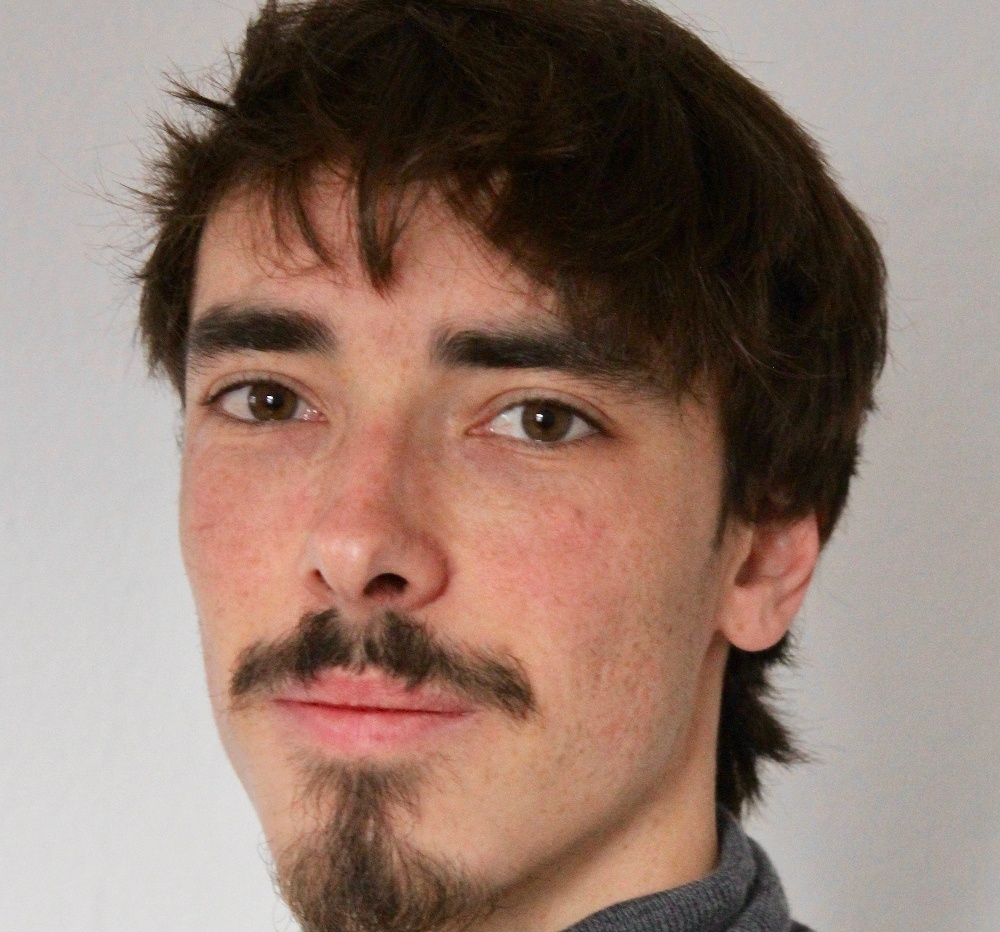
Leon Hartmann, M. A.
studied philosophy and German literature in Freiburg. He is currently a doctoral candidate in philosophy at the University of Freiburg and works as a research assistant at FRIBIS. In his dissertation, he analyses historical and contemporary conceptions of the future in the context of unconditional basic income, political participation and direct democracy. In doing so, he primarily examines discursive future practices and associated semantics as well as reflections on governmental techniques. Special attention is paid to the concept of the ‘narrative’ and its implications for the social negotiation of the future.
Lives in Freiburg im Breisgau
Contact:
leon.hartmann@philosophie.uni-freiburg.de
leon.hartmann@fribis.uni-freiburg.de
Transfer Team
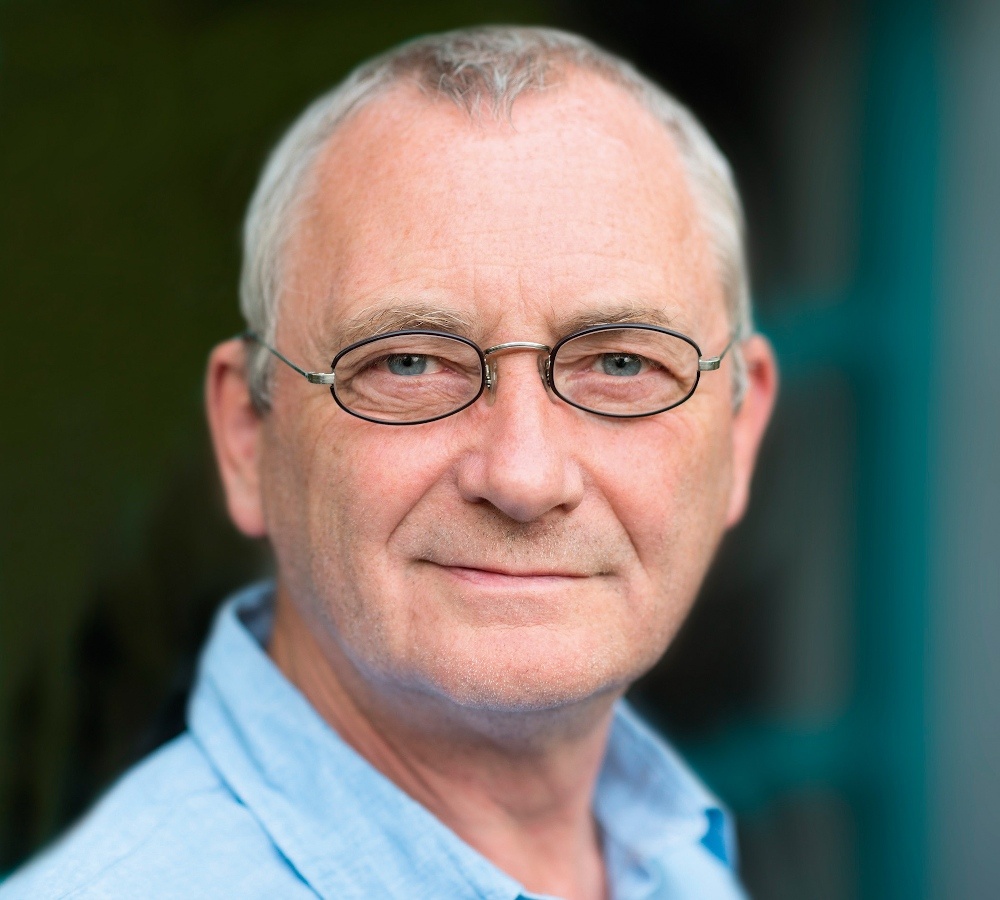
Michael von der Lohe
Dipl. Ing. Photoingenieurwesen, born in 1953, has been an employee of OMNIBUS FÜR DIREKTE DEMOKRATIE gGmbH since 2000. He has been managing director there since 2004. He was a self-employed photo designer from 1978 to 2014 and won the Kodak European Award for professional photographers in 1988. In 1992, he developed a chemical process for burning silver halide emulsions onto ceramic substrates. From 2000 to 2006 he was an employee at the company Wirtschaft und Kunst – erweitert gGmbH in Frankfurt.
Lives in Hattingen, Germany
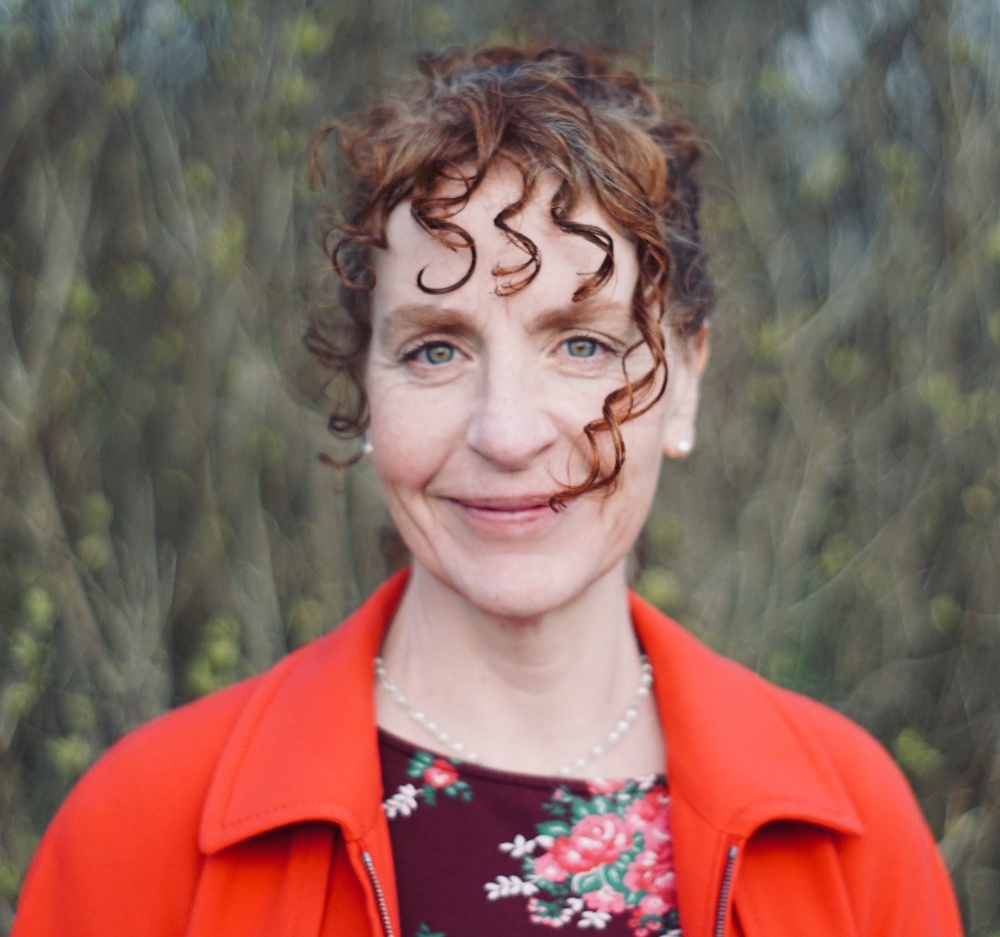
Susanne Wiest
has been advocating for the introduction of an universal basic income in Germany since 2008. Long-standing and also more recent partners in this free field of work include organisations such as the OMNIBUS FÜR DIREKTE DEMOKRATIE, collaborators of the initiative Freiheit statt Vollbeschäftigung, Uschi Bauer, initiator of the Krönungswelle, and since 2020 the Freiburg Institute for Basic Income Studies (FRIBIS). Central and fundamental was the inspiring cooperation with Götz Werner. Since 2022 Susanne Wiest has been chairperson of Mensch in Germany e. V.
Lives in Alt Tellin, Germany
Associated Members
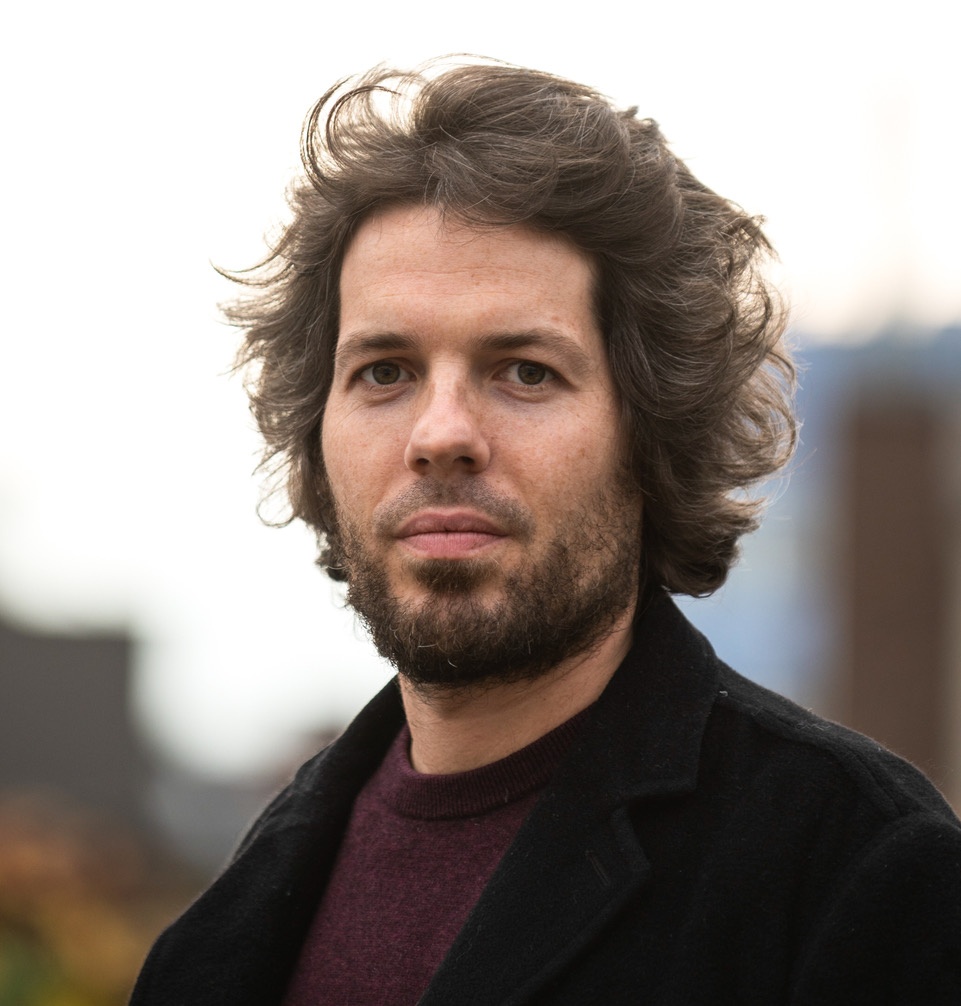
Philip Kovce
is an external doctoral candidate at the Götz Werner Chair of Economic Policy & Constitutional Economic Theory at the University of Freiburg. He also conducts research at the Philosophicum Basel, teaches in the Studium fundamentale at the University of Witten/Herdecke, and writes as a freelance author for the press and radio. Numerous publications on unconditional basic income, including, together with Birger P. Priddat Bedingungsloses Grundeinkommen. Grundlagentexte (Suhrkamp 2019).
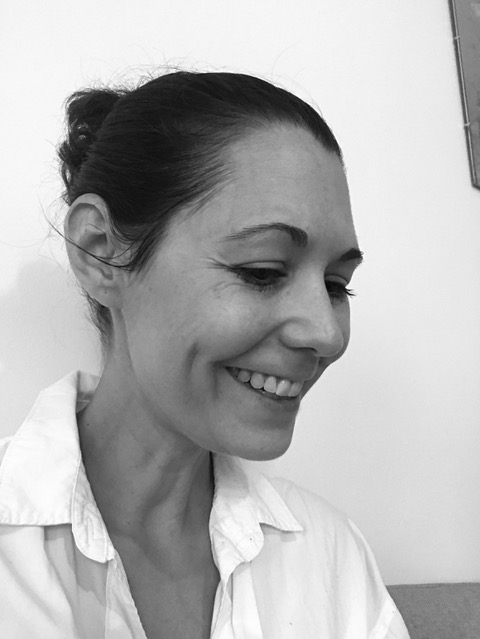
Sabine Scharff, M. A.
is author, doctoral candidate in philosophy at the Albert-Ludwigs-University of Freiburg and mother. She completed her Master of Arts in Philosophy, Art History and German Studies at the Ludwig-Maximilians-University in Munich and worked for many years as a research assistant and project coordinator at the Staatliche Hochschule für Gestaltung Karlsruhe and the ZKM Karlsruhe. She realised various international and transdisciplinary projects with a special focus on political issues in the application of digital media. For over ten years, she has been involved with the Institut für Wirtschaftsgestaltung [hyperlink: http://www.ifw01.de/] in Berlin and now also within the Freiburg Institute for Basic Income Studies (FRIBIS). In her work in the PartUBI team, she is particularly interested in the implications of the digital shift for the relationship between participation and basic income.
Lives in Munich, Germany

Sören E. Schuster
is a doctoral candidate in philosophy at the Albert-Ludwig-University of Freiburg. His main research interests at the Institut für Wirtschaftsgestaltung in Berlin are Philosophy of Economics, History of Economic Thought, Philosophy of Management and Friedrich Nietzsche. Together with Georg N. Schäfer, his most recent publication was Mapping Mainstream Economics. Genealogical Foundations of Alternativity (Routledge, 2022)
Lives in Berlin